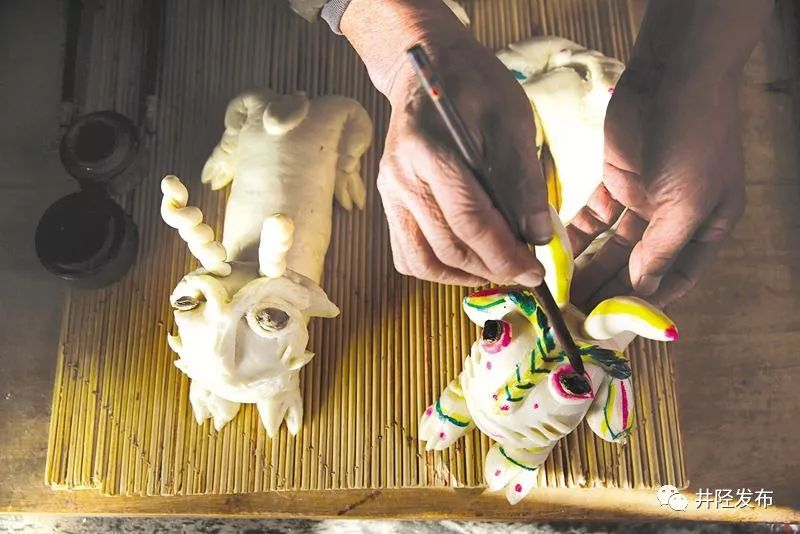
The Zhong Yuan Festival, also known as the Hungry Ghost Festival, takes place on the 15th night of the seventh lunar month. It is a special time for people to remember and honor their ancestors who have died. This festival helps keep family memories alive and connects the past with the present.
In Taoism, this day is one of the three most important festivals of the year. Each festival is dedicated to a different god: the god of heaven, the god of earth, and the god of water. The Zhongyuan Festival is meant to honor the god of earth. Besides its religious meaning, the festival also emphasizes filial piety — the value of respecting and caring for parents and elders. This spirit of kindness and remembrance is at the core of the festival.
On this day, many activities are held throughout the country. Taoist temples organize ceremonies where people pray for good weather, peace for the nation, and safety for their families. People also take part in customs such as offering food, lighting lotus lanterns, and floating water lanterns on rivers. Another important tradition is ancestor worship, where families show thanks and love to those who came before them.
In northern China, there is a special custom where uncles give their nephews a gift — a small sheep-shaped bun made from flour. This tradition comes from an old story about a boy who saved his mother and brought his family back together. In Chinese, the word “sheep” (羊) sounds like “lucky” (祥), which represents rebuilding good relationships. This custom helps encourage harmony and love within families.
The Zhong Yuan Festival has long been an important part of Chinese culture. By honoring the past, people build stronger connections in the present, making this festival both meaningful and lasting.
原创编写 版权所有 侵权必究! 每日更新 个性化阅读 英语飙升!1.1. How does the passage begin?
A By telling an interesting story.
B By raising a question to readers.
C By directly introducing the festival.
D By describing a beautiful scene.
解析:选C。C 细节理解题。作者在开头直接说明了中元节的时间、别称和主要意义,属于直接引入主题的写法。故选C。
2.2. What does “filial piety” mean in the passage?
A Showing love to nature.
B Respecting parents and elders.
C Believing in different gods.
D Taking care of children.
解析:选B。B 词义猜测题。第二段中,“filial piety”后面有明确解释“respecting and caring for parents and elders”孝敬长辈,与选项B含义一致。故选B。
3.3. Which is NOT mentioned as a custom of Zhong Yuan Festival?
A Offering food to ancestors.
B Lighting lotus-shaped lanterns.
C Making sweet rice cakes.
D Floating lanterns on water.
解析:选C。C 细节理解题。第三段明确提到了供奉食物、放莲花灯和放河灯等习俗,但没有提到“做年糕”这一活动。故选C。
4.4. Why do uncles give sheep-shaped buns during the festival?
A To represent family harmony.
B To wish for good harvests.
C To hope for more wealth.
D To pray for good weather.
解析:选A。A 推理判断题。第四段说明这一习俗象征着家庭和睦,“羊”与“祥”谐音,寓意修复家庭关系。故选A。
5.5. What is the main importance of Zhong Yuan Festival?
A It’s for entertainment and enjoyment.
B It connects people to family traditions and values.
C It’s only about religious activities.
D It’s mainly about making food offerings.
解析:选B。B 推理判断题。根据全文内容,尤其是第一、二段和第四段可知,这个节日帮助人们铭记家庭、传统和价值观的重要性,连接过去与现在。故选B。